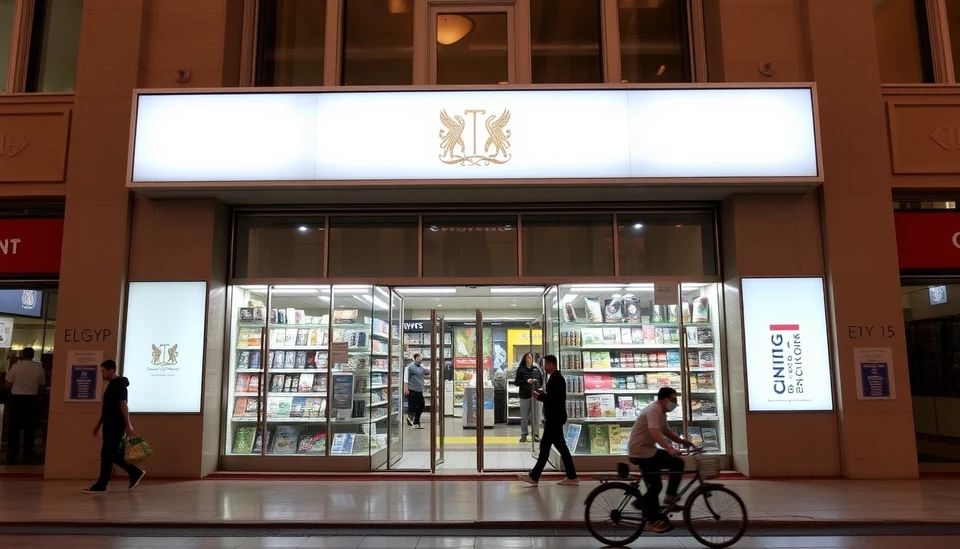
In recent economic updates, Egypt has witnessed a gradual reduction in inflation rates, indicating a potential shift in the country’s financial landscape. As of February 2025, the annual inflation rate decreased slightly to 31.4% in January from the previous month's 31.9%. This modest decline has provided a glimmer of hope for both consumers and policymakers, who are closely monitoring economic conditions.
The Central Bank of Egypt (CBE) is currently evaluating the possibility of lowering interest rates, following its previous decision to keep them stable amid rising price levels. Central bank governor Hassan Abdalla hinted that the bank’s monetary policy may soon adapt to the changing circumstances, suggesting an inclination towards a more accommodative stance if the economic conditions permit.
Economic analysts have expressed mixed reactions to the news. Many remain cautious but optimistic regarding this slowdown in inflation. The reduction can be attributed to various factors, including improved supply chains and adjustments in pricing strategies that have allowed the market to stabilize to some extent. However, others caution that persistent challenges, such as external economic pressures and local supply issues, could still pose risks to further declines.
Moreover, the Central Bank continues to face the challenge of striking a balance between controlling inflation and fostering economic growth. With the unemployment rate hovering around 10.5%, any decision to cut interest rates must be carefully weighed against potential inflationary pressures that could rise again. The bank is also considering the impact of global economic trends and commodity price fluctuations, which have historically influenced Egypt's economy.
The recent developments in Egypt’s economy come at a pivotal time, as the nation seeks to attract foreign investments and stabilize its currency. Analysts believe that easing interest rates could provide a stimulus for various sectors, particularly real estate and consumer goods, which have been struggling in the high-interest environment. However, there is a consensus that any rate changes should coincide with a broader strategy aimed at sustainable economic improvement.
As Egypt navigates these complex economic waters, the actions taken by the Central Bank in the near future will be critical in determining the trajectory of inflation and overall economic health. The situation remains fluid, and stakeholders from consumers to investors are keenly awaiting further announcements from the CBE regarding their monetary policy move.
In conclusion, while the slight easing in inflation offers a hopeful indication of progress, the Central Bank’s forthcoming decisions will play a crucial role in shaping the future economic landscape of Egypt. Close monitoring of both domestic and international developments will remain essential as the country strives toward economic recovery and stability.
#Egypt #Inflation #CentralBank #EconomicStability #MonetaryPolicy #InterestRates #EconomicGrowth #FinancialNews #HassanAbdalla
Author: Daniel Foster




